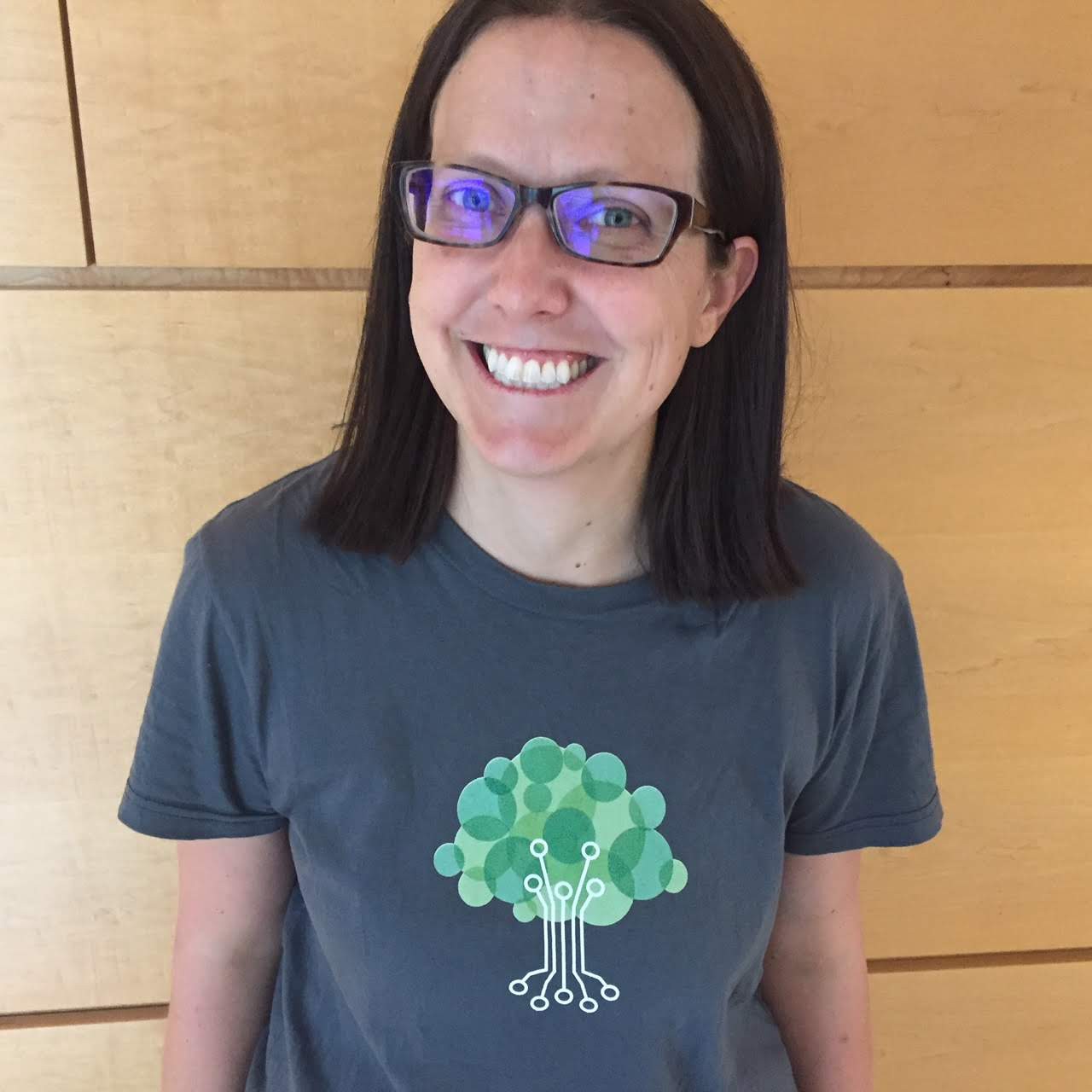
|
The 13th CCSC Southwest Region ConferenceMarch 20-21, 2020 |
Keynote Speakers
| Teaching lower-division CS/CE: Our improvement experiences and research results, for physical and online courses | Date: Friday, March 20, 2020 Time: 2:00pm |
|
Frank Vahid, Professor of Computer Science and Engineering, Univ. of California, Riverside zyBooks Co-Founder and Chief Learning Officer |

|
|
Abstract: Many universities seek to improve intro CS courses, and to offer online courses. This talk tells the story of UCR's improvement attempts in intro CS courses for the past decade. The courses previously had the common U-shaped grade distribution and high fail/withdraw rate. The improvements include creation of web-native interactive content having hundreds of animations and interactive questions, to replace textbooks. An early OER attempt was abandoned, and replaced in 2012 by a company (zyBooks) to provide scalable growth and continual professional improvement of content and platform. That direction has grown to serve over 500,000 students at 600 universities.
| |
|
Biography: Frank Vahid is a Professor of Computer Science and Engineering at the University of California, Riverside, since 1994. He is also the co-founder and chief learning office of zyBooks (acquired by Wiley in 2019). His research focus is on improving college-level CS/CE/STEM education, and previously (and still) on embedded systems. He is author of textbooks from Wiley, Pearson, and zyBooks on topics including C++, C, Java, data structures, digital design, computer organization, embedded systems, computing technology, introductory math and algebra, and more. He's received several teaching awards, including UCR Engineering's Outstanding Teacher award and UCR's Innovative Teaching award in 2017. In recent years, he has spoken on CS/CE education at over 50 universities across the country. His work has been supported by the NSF (university and SBIR grants), SRC, the U.S. Dept. of Education (university and SBIR grants), and companies such as Google and Intel. He received his B.S. in Computer Engineering from the University of Illinois at Urbana/Champaign, and his M.S. and Ph.D. from the University of California, Irvine. |
Keynote 2
| Researching CS Education to Drive Equity and Effectiveness | Date: Friday, March 20, 2020 Time: 6:00pm |
| Colleen Lewis, McGregor-Girand Associate Professor of Computer Science at Harvey Mudd College |

|
|
Abstract: In my work, I aim to understand and improve computer science (CS) education to make it more equitable and effective. Equitable and effective CS instruction is essential for broadening participation in computing, responding to the growing demand for computer scientists, and guiding the expansion of CS at the K–12 level. My research is organized around two overarching themes: (1) understanding and optimizing CS learning, and (2) understanding and removing barriers to CS. I will share a brief background of my work in each of these areas and current projects from two newly-funded five-year NSF grants. In the first project, I am working with high school teachers to explore how students develop a mental model of program execution. In the second project, I am working with the Computing Research Association to identify department-level practices that increase students’ interest and persistence within CS. | |
|
Biography: Colleen Lewis is the McGregor-Girand Associate Professor of computer science at Harvey Mudd College. At UC Berkeley, Lewis completed a PhD in science and mathematics education, an MS in computer science, and a BS in electrical engineering and computer science. Her research seeks to identify effective teaching practices for creating equitable learning spaces where all students have the opportunity to learn. Lewis curates CSTeachingTips.org, a NSF-sponsored project for disseminating effective computer science teaching practices. Lewis has received the NCWIT.org Undergraduate Mentoring Award and the AnitaB.org Emerging Leader Award for her efforts to broaden participation in computing. |
Keynote 3
| NSF Funding Opportunities for CS Faculty | Date: Saturday, March 21, 2020 Time: 8:30am |
| Paul Tymann, National Science Foundation |

|
|
Abstract: This talk will focus on NSF funding opportunities that might be of interest to computer science educators. The talk will start with an introduction to the NSF and a discussion of the various programs available in the Educational and Human Resource (EHR), and Computer and Information Science and Engineering (CISE) directorates. This will be followed by a brief discussion of tips and suggestions for writing a winning proposal. | |
|
Biography: Paul Tymann is a Program Director in the Division of Undergraduate Education in the Education and Human Resources Directorate (EHR/DUE) at the National Science Foundation. Prior to joining the NSF in January 2020, Tymann was a Professor and the former Chair of the Computer Science Department at the Rochester Institute of Technology. Prior to joining RIT in July 1997, Tymann started his academic career as a member of the computer science faculty at the State University of New York at Oswego in 1987. Tymann has been involved in computer science education at the high school level and served as the co-Chair of AP Computer Science Development Committee from 2011 until 2015 and has been serving as the Chief Reader for the AP Computer Science Principles Exam since 2014. He served as Vice Chair of ACM’s Special Interest Group on Computer Science Education, served as symposium co-chair for the SIGCSE technical symposium in 2006 and 2013, and is a member of ACM Education Council. Tymann has written textbooks on software development, bioinformatics, and a breadth-first overview of computer science. His research interests include CS education, bioinformatics, and high-performance computing. He enjoys teaching internationally and has taught at the University of Zimbabwe, at the University of Osnabrück in Germany, and the University of Canterbury in New Zealand. |
